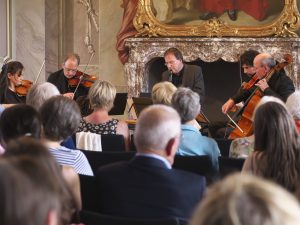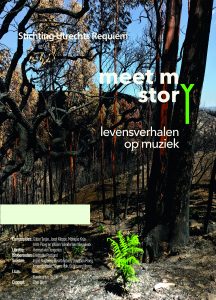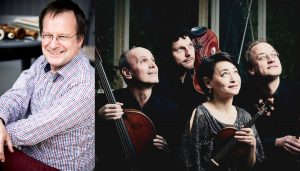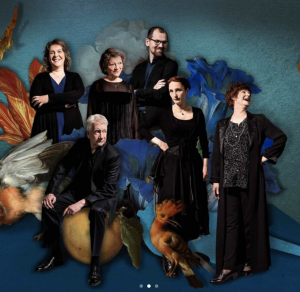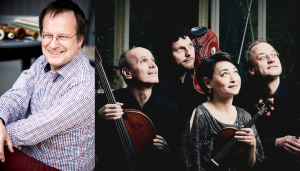 At the Amsterdam Muze van Zuid 2023 Festival violinist Emma Roijackers gave the first Dutch performance of my Zarabanda for solo-violin, to great public acclaim.
At the Amsterdam Muze van Zuid 2023 Festival violinist Emma Roijackers gave the first Dutch performance of my Zarabanda for solo-violin, to great public acclaim.
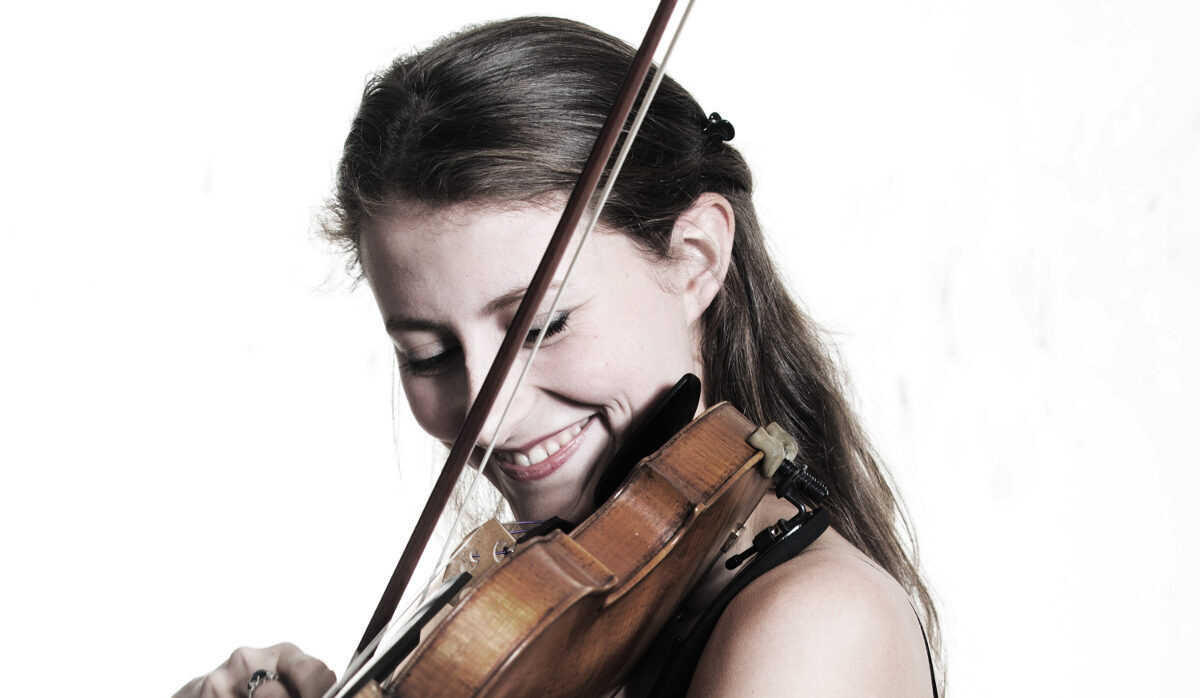
The first version of my Zarabanda dates back to 2014. It was written then for Rosanne Philippens as the Dutch part of her programme for the International Violin Competition Freiburg (where she took first prize). Emma now plays in Muze van Zuid not only a first public Dutch performance, but also a new revised (I hope: improved) version. This final version became all the more a virtuoso, but at the same time very lyrical piece in which echoes of the original 17th-century South American Zarabanda, which was rhythmic and fast, mingle with later Romantic versions, which are slower, solemn and more in the spirit of bel canto.
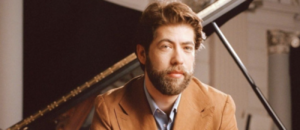
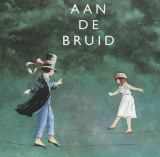 I had to wait for two seasons, and each time corona was the game-breaker. But now it is finally going to happen! At the International Chamber Music Festival Utrecht, Camerata Trajectina will play my song cycle Aan de Bruid on poems by Ingmar Heytze on 30 December at 17.00.
I had to wait for two seasons, and each time corona was the game-breaker. But now it is finally going to happen! At the International Chamber Music Festival Utrecht, Camerata Trajectina will play my song cycle Aan de Bruid on poems by Ingmar Heytze on 30 December at 17.00. Utrecht will be celebrating throughout the summer of 2022: in 1122 the city received city rights and this 900-year jubilee is being exuberantly celebrated under the motto Utrecht 900: City without walls.
Utrecht will be celebrating throughout the summer of 2022: in 1122 the city received city rights and this 900-year jubilee is being exuberantly celebrated under the motto Utrecht 900: City without walls.  As part of the festivities, the Utrechts Kamerkoor and the City of Utrecht commissioned me to write a choral work. The text was provided by the choir and written by one of the choir members. It is, quite appropriately, about how the city and the rights and duties of its citizenry developed into modern Utrecht society.
As part of the festivities, the Utrechts Kamerkoor and the City of Utrecht commissioned me to write a choral work. The text was provided by the choir and written by one of the choir members. It is, quite appropriately, about how the city and the rights and duties of its citizenry developed into modern Utrecht society. 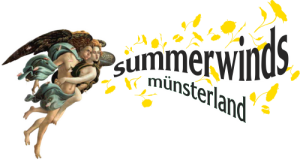 The programme also included Erwin Schulhoff’s Five Pieces for String Quartet and Gordon Jacob’s Suite (alto recorder and quartet). Three suite-like works with a historicizing slant, that is. Plus, with a leading role for the recorder alongside the string quartet that is rarely found in concert programs.
The programme also included Erwin Schulhoff’s Five Pieces for String Quartet and Gordon Jacob’s Suite (alto recorder and quartet). Three suite-like works with a historicizing slant, that is. Plus, with a leading role for the recorder alongside the string quartet that is rarely found in concert programs.